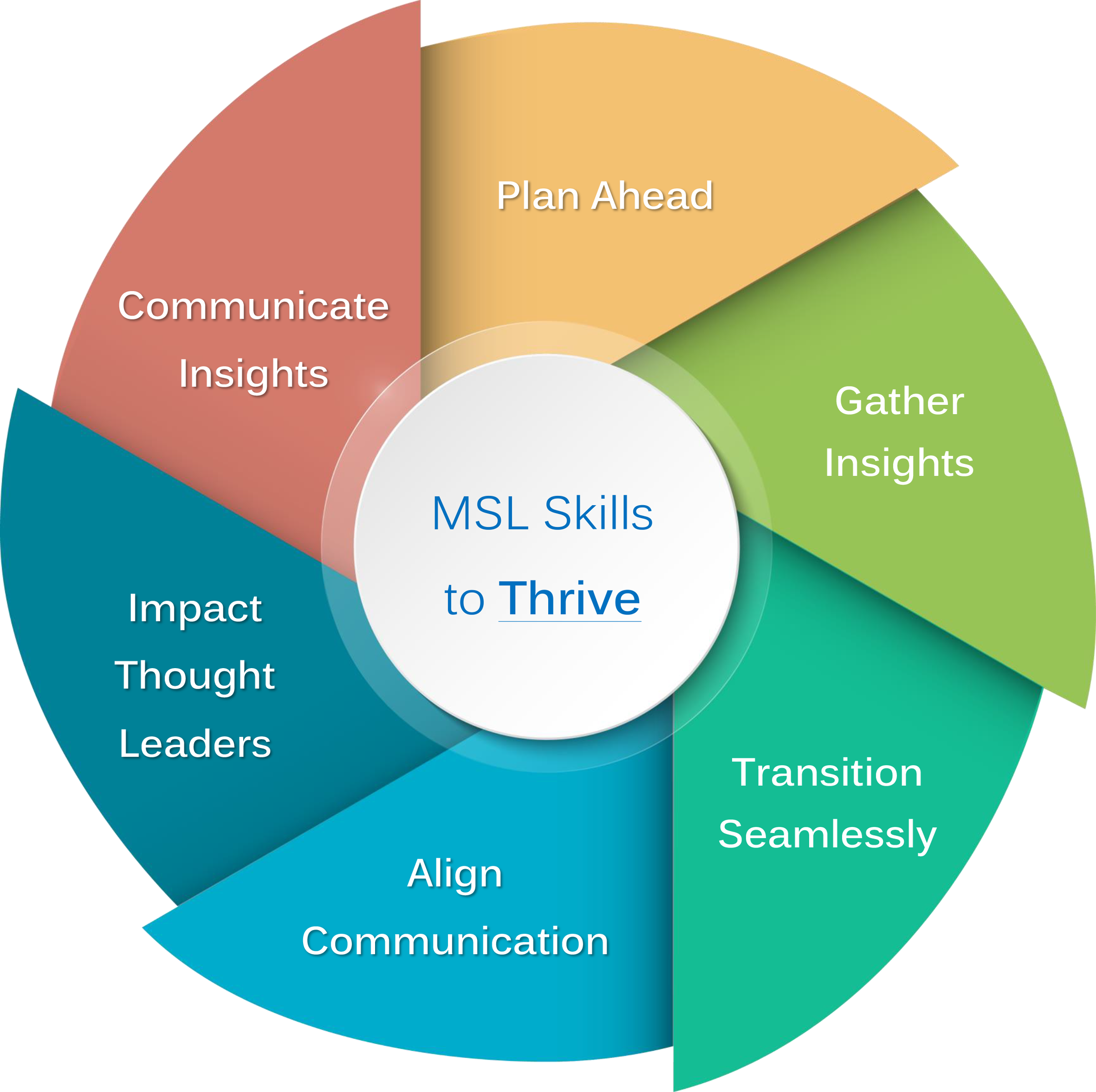
4 Must-Know Tips for MSLs Gathering Insights Today
Today’s healthcare landscape is changing rapidly.
And the role of the MSL is changing just as fast.
In an article by PharmaVOICE, Neil Gray, former Senior VP of Medical Affairs at inVentiv Health Therapeutics Institute, put it this way: “MSLs need to be able to communicate and synthesize information to create new data sets from across a wide range of inputs, teach, and listen.”
Today’s MSLs are no longer just scientific experts. They are the communication channel between internal and external stakeholders. This requires active listening and the ability to ask the right questions.
In the Kernel blog 7 Common Mistakes MSLs Make with Medical Insights, Patrina Pellett, Ph.D. writes that uncovering insights that are actionable means “uncovering the ‘why’ behind a HCP’s feedback.” Done effectively, MSLs will discover actionable insights that lead to improved patient outcomes.
Here are four must-know tips for gathering actionable insights via dynamic two-way conversations in the field.
1. Attend, Prompt, and Probe.
A key part of active listening is attending, a way of communicating to someone that you’re listening and interested in what they’re saying.
When speaking with a KOL or other medical expert, integrate this skill into your conversations by using the following communication model:
Attend: Show interest in what the person is saying through…
- Non-verbal communication: appropriate eye contact, facial expressions, nodding
- Vocal expression: “hm,” “mm-hm,” etc.
- Verbal responses: “That’s interesting…”
Prompt: Encourage the person to tell you more:
- “What happened next?”
- “What was the response?”
Probe: Ask open-ended questions to dig deeper:
- “What do you think caused that?”
- “What are your thoughts on this data?”
- “What are the next steps?”
2. Paraphrase and Summarize.
Paraphrasing and summarizing assures others that you’re listening and intent on understanding them. It also creates a dialogue so that your conversations are more dynamic.
Just be careful to avoid mimicking exactly what they say. Paraphrasing means taking what you hear and putting it into your own words. It enables you to test your understanding of what was said and clarify any misunderstandings. Paraphrasing may start with one of the following phrases:
- What I hear you saying is…
- In other words…
- As I understand it…
- It seems like…
- Would it be accurate to say
Summarizing means analyzing what you heard and highlighting the most salient points. This practice enables you to confirm your understanding of the KOLs key priorities.
3. Focus on Frustrations and Challenges.
Uncovering insights is not about having the right answers; it’s about asking the right questions. Don’t approach physicians, KOLs, or scientific experts with solutions.
Instead, focus on their most pressing frustrations and challenges. Make the conversation about their experiences. And in some situations, you may even want to empathize with a particularly challenging issue. This type of focus will help reinforce trust and enable you to more fully explore and understand their experiences.
4. Ask Strategic Questions.
Step one provided an Active Listening framework of “Attend, Prompt, and Probe.” When having conversations with KOLs, this framework will encourage them to say what’s on their mind. But strategic questions can help KOLs think beyond their immediate impressions and dig deeper into their experiences.
Below are three types of questions that can help you get to to the root cause of an issue or experience:
- Clarification Questions like, “What do you mean when you say…?”
- Consequence Questions such as, “If this issue persists, what other issues might it cause?”
- Funneling Questions like, “What are the larger trends we should be concerned with?”
Better Questions = Better Insights
The quality of your questions determines the quality of your insights.
By using the four tips above, you’ll have deeper, more meaningful conversations with KOLs. And most importantly, you’ll come out of each meeting with better insights. For a quick reference on these tools, download the Active Listening and Strategic Questioning Job Aid.
Want more strategies to develop as a Medical Liaison? Check out our next blog for more MSL content or browse through all 6 “MSL Skills to Thrive” below.

You can also contact us to schedule a skills development workshop for your team.
